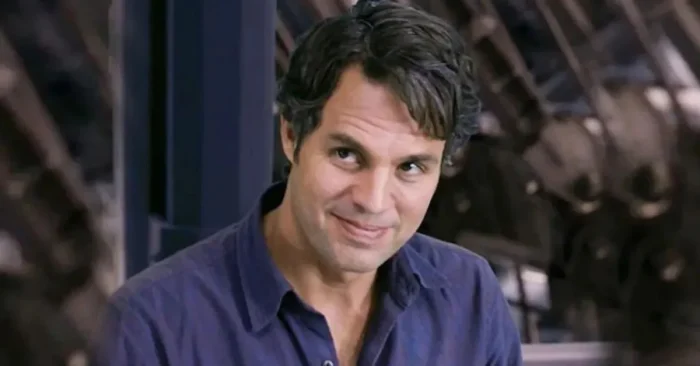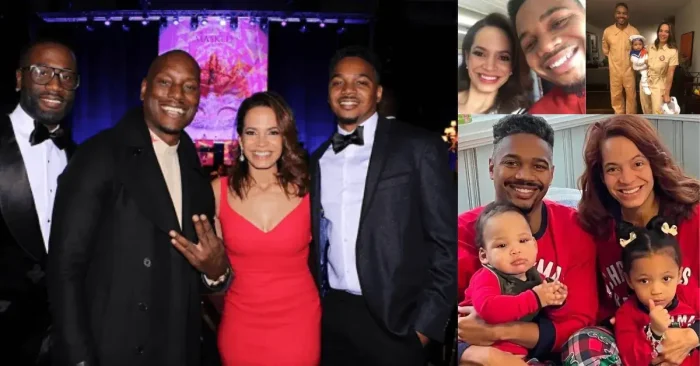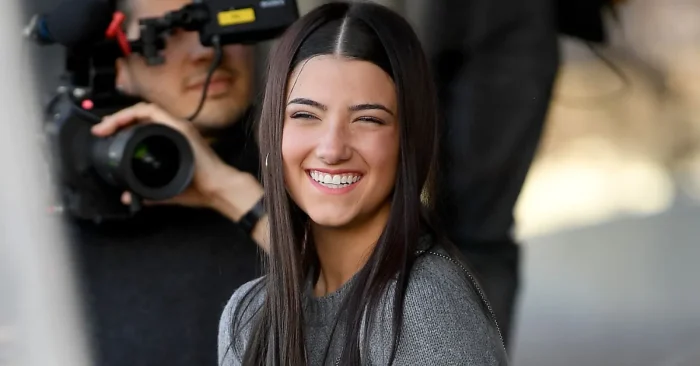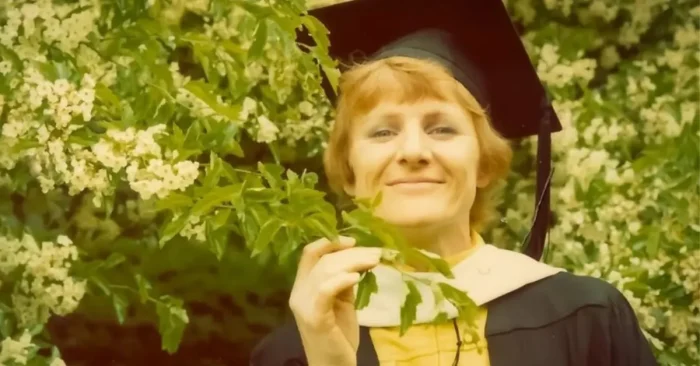Mark Ruffalo – Biography
Who Is Mark Ruffalo?
Mark Ruffalo is a widely respected American actor known for playing Bruce Banner, also known as the Hulk, in the Marvel Cinematic Universe. But beyond superheroes, he’s admired for his powerful performances in emotional dramas, his humble personality, and his strong voice as a social and environmental activist. Ruffalo brings a mix of intensity and sincerity to every role, making him one of the most relatable and genuine stars in Hollywood.
Early Life and Background
Mark Alan Ruffalo was born on November 22, 1967, in Kenosha, Wisconsin. He grew up in a working-class family with Italian and French-Canadian roots. His dad was a painter and his mom a hairdresser. As a child, Mark struggled with learning disabilities, including dyslexia and ADHD, but found creative freedom in acting. After moving to California in his teens, he began studying drama seriously, planting the seeds for his future career.
Starting Out in Acting
Like many actors, Ruffalo’s early career wasn’t easy. He studied at the Stella Adler Conservatory and worked odd jobs, including bartending, to support himself. He co-founded the Orpheus Theatre Company, where he acted, directed, and wrote plays. His breakthrough came in 2000 with the indie film “You Can Count on Me,” where his heartfelt and natural performance earned him instant praise and attention from critics and directors alike.
Marvel Success and Global Fame
Mark Ruffalo joined the Marvel universe in 2012, taking on the role of Bruce Banner in “The Avengers.” His version of the Hulk was calm, intellectual, and emotionally complex—bringing a different kind of strength to the superhero world. He continued playing the role in several Marvel hits, including “Avengers: Endgame,” and quickly became a fan favorite for his grounded performance and relatable character arc.
Powerful Work in Drama
Even with blockbuster success, Ruffalo never left his dramatic roots. He delivered powerful performances in films like “Spotlight,” which won the Academy Award for Best Picture, and “Foxcatcher,” where he earned an Oscar nomination. His portrayal of twin brothers in HBO’s “I Know This Much Is True” showcased his emotional depth and acting range, earning him an Emmy Award and critical acclaim.
Overcoming Personal Struggles
Ruffalo’s journey hasn’t been without hardship. In 2001, he was diagnosed with a brain tumor, which was removed successfully, though it caused temporary facial paralysis. In 2008, he experienced tragedy again when his younger brother was killed. Through it all, Ruffalo has remained open about his experiences and has used his platform to speak about mental health, resilience, and hope.
Activism and Advocacy
Off-screen, Mark Ruffalo is a passionate advocate for social and environmental causes. He co-founded The Solutions Project, a nonprofit promoting clean energy and environmental justice. He’s active in raising awareness about climate change, clean water access, and human rights. Whether on social media or at rallies, Ruffalo speaks up for what he believes in—and encourages others to do the same.
A Humble, Respected Star
Mark Ruffalo is more than a talented actor—he’s a voice of compassion, authenticity, and purpose in Hollywood. Fans admire his ability to balance blockbuster roles with meaningful performances, and his efforts to make the world a better place. With his heart, honesty, and humanity, Ruffalo continues to inspire both on-screen and off.
Frequently Asked Questions (FAQs)
What is Mark Ruffalo famous for?
He’s famous for playing the Hulk in Marvel films and for his roles in “Spotlight,” “Foxcatcher,” and “You Can Count on Me.”
Is Mark Ruffalo married?
Yes, he is married to actress Sunrise Coigney, and they have three children.
Has he won any major awards?
Yes, he’s won an Emmy and a Screen Actors Guild Award, and has received multiple Oscar nominations.
What causes does he support?
Ruffalo advocates for climate change awareness, clean energy, mental health, and human rights.
Did he have any health challenges?
Yes, he had a brain tumor removed in 2001, which temporarily caused facial paralysis but was non-cancerous.






